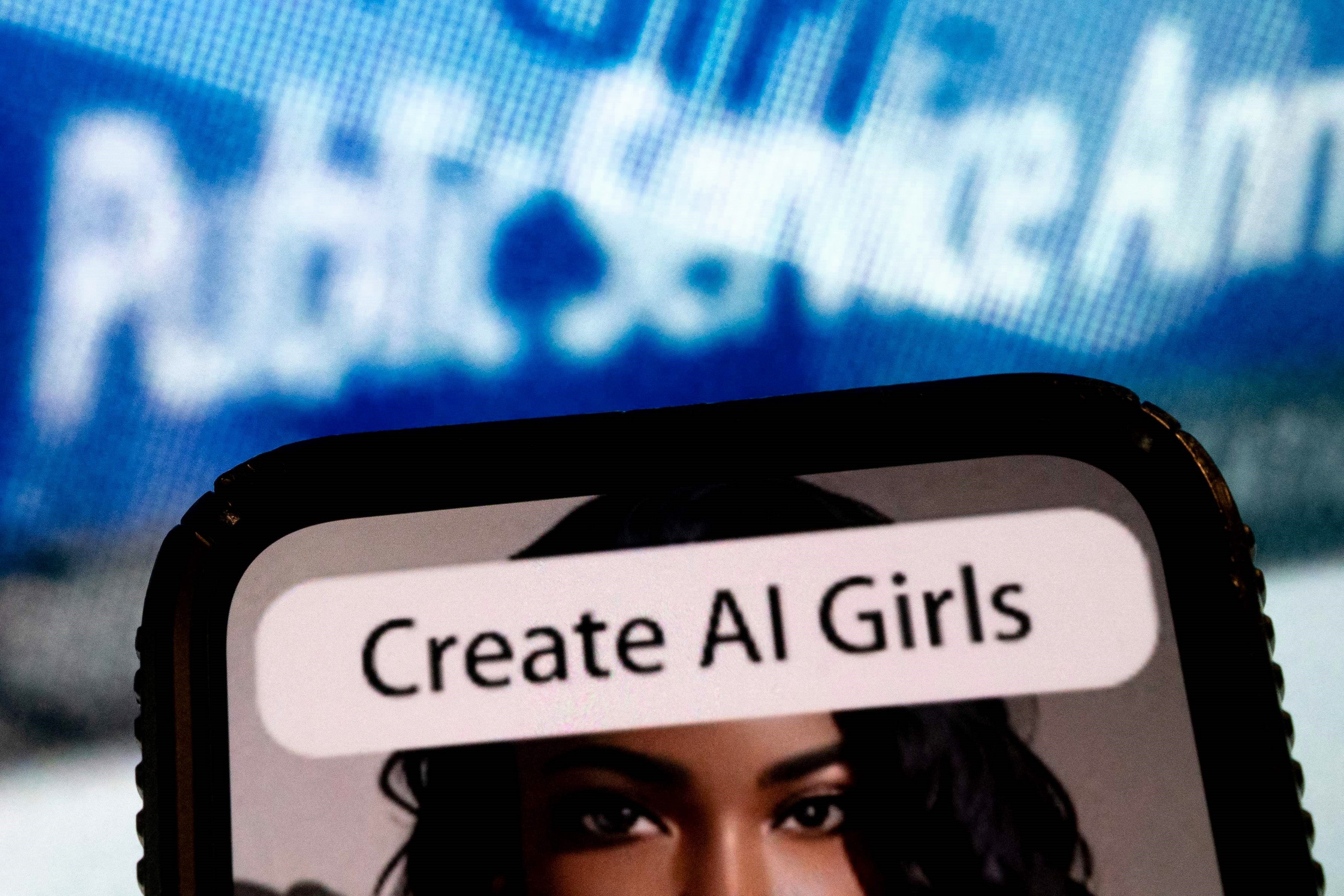AI godfather warns of child abuse deepfakes
‘AI-generated pornography is a rapidly growing industry, and many targets are minors,’ experts warn

Your support helps us to tell the story
From reproductive rights to climate change to Big Tech, The Independent is on the ground when the story is developing. Whether it's investigating the financials of Elon Musk's pro-Trump PAC or producing our latest documentary, 'The A Word', which shines a light on the American women fighting for reproductive rights, we know how important it is to parse out the facts from the messaging.
At such a critical moment in US history, we need reporters on the ground. Your donation allows us to keep sending journalists to speak to both sides of the story.
The Independent is trusted by Americans across the entire political spectrum. And unlike many other quality news outlets, we choose not to lock Americans out of our reporting and analysis with paywalls. We believe quality journalism should be available to everyone, paid for by those who can afford it.
Your support makes all the difference.A pioneer of artificial intelligence has warned of the growing dangers of deepfake technology for creating child sexual abuse imagery.
Yoshua Bengio, often referred to as an ‘AI godfather’, joined other leading figures within the industry in signing an open letter calling for more regulation to protect against such threats.
Deepfakes have become increasingly realistic in recent years, capable of using AI to generate voices, images and videos that are convincing enough to trick people into thinking they are real.
“Deepfakes are a growing threat to society, and governments must impose obligations throughout the supply chain to stop the proliferation of deepfakes,” the open letter read.
“AI-generated pornography is a rapidly growing industry, and many targets are minors... The whole deepfake supply chain should be held accountable, just as they are for malware and child pornography.”
The signatories called for new laws to be introduced, including fully criminalising “deepfake child pornography, even when only fictional children are depicted”.
The letter, titled ‘Disrupting the deepfake supply chain’, also warned of the potential for AI deepfakes to perpetrate fraud, influence elections, and cause “mass confusion”.
Penalties for using deepfakes in these ways should also apply to software developers who allow their technology to be misused.
More than 750 people have signed the open letter since it was published online on Wednesday, 21 February, including academics, politicians, and researchers at leading AI firms like Google Deepmind and OpenAI.
It is not the first time prominent figures within the AI space have used an open letter to warn of the threat the technology poses.
Last year, artificial intelligence experts pledged their support to a statement from the Centre for AI Safety that claimed advanced artificial intelligence poses an existential threat to society.
Signatories included DeepMind and OpenAI chief executives Demis Hassabis and Sam Altman, as well as senior executives from Google, Skype and the AI firm Anthropic.
“Mitigating the risk of extinction from AI should be a global priority alongside other societal-scale risks such as pandemics and nuclear war,” the statement read.
A separate open letter from the Future of Life Institute in 2023 went even further by calling on AI companies to pause development on their systems in order to work on ways to mitigate the risks.
“AI systems with human-competitive intelligence can pose profound risks to society and humanity,” the open letter stated.
“AI research and development should be refocused on making today’s powerful, state-of-the-art systems more accurate, safe, interpretable, transparent, robust, aligned, trustworthy, and loyal.”
Join our commenting forum
Join thought-provoking conversations, follow other Independent readers and see their replies
Comments